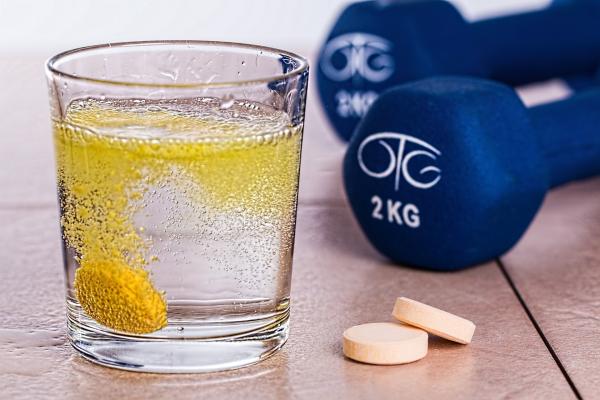The researchers analyzed the contents of 35 samples from 17 brands of over-the-counter supplements – half targeted for weight loss, a third for “energy/sports.”
What does this study report?
- Nine prohibited stimulants and eight different combinations of banned stimulants were detected. None of these stimulants have been approved by the FDA for oral use.
- Seven of the nine stimulants have previously been subject to FDA regulatory actions, including product seizures, warning letters, and public notices.
This is a fact-based study utilizing sound scientific procedures in reaching their conclusions. Stimulants (drugs that stimulate the brain and central nervous system) were only reported as detected if the two laboratories independently confirmed their presence. If the laboratory findings disagreed, the samples were sent to a third laboratory for independent confirmation. Be wary of any study that does not report how their laboratory results were confirmed. Most likely, they weren’t! Additionally, the study does not contain statements that cannot be supported by the scientific data it presents and clearly lays out the study’s limitations.
Why is this important?
The reason for concern is that the levels of the stimulants found in these supplements are high enough to potentially show damaging effects in humans. For example, levels ranging from 2.7 mg to 17 mg of the stimulant deterenol were detected in the supplements. If several of these supplements were ingested daily at the recommended doses, these levels are high enough to result in harmful effects on the heart, respiration, and vision. Additionally, eight different combinations of stimulants were detected, and none of these stimulants have been tested for their effects in combination with other stimulants.
And these supplements are not only used by adults but are likely very popular with teenagers and young adults. In particular, sports supplements appear to be widely used with younger age groups, and the potential for serious harm should not be underestimated. Case reports have reported adverse effects, including cardiac arrest from ingestion of supplements containing stimulants, so why are these supplements still on the market?
The answer lies with the FDA
The FDA regulates supplements under the Dietary Supplement Health and Education Act (DSHEA). The DSHEA was enacted in 1994 and is woefully inadequate to address the exploding number of supplements on the market. Under this law, to remove a supplement from the market, the FDA must prove that it is not safe. This is the exact opposite of how pharmaceuticals are regulated, where companies have to prove that their medicines are safe and effective before they reach consumers.
The FDA has clear authority under the DSHEA to remove these supplements with prohibited stimulants from the market. The FDA has a long history of not using that authority to recall stimulant-adulterated supplements and failing to warn consumers of the risks present. One study found that up to 4 years after the FDA recalled some supplements, two-thirds still contained the prohibited drugs.
Could it be that the dollar size of the U.S. dietary supplement industry, estimated to be $40 billion in 2020, is the biggest barrier to appropriate oversight? The irony is that in this case, the FDA not only has clear authority to rid the supplements of the stimulants, the FDA has already indicated their risk by their prohibition. So, the threshold question for the FDA is: Why are these still on the market, and why aren’t they aggressively trying to ensure safety for consumers, in particular for teenagers who are ingesting these supplements with no understanding of the risk involved?
Source: Nine prohibited stimulants found in sports and weight loss supplements: deterenol, phenpromethamine (Vonedrine), oxilofrine, octodrine, beta-methylphenylethylamine (BMPEA), 1,3-dimethylamylamine (1,3-DMAA), 1,4-dimethylamylamine (1,4-DMAA), 1,3-dimethylbutylamine (1,3-DMBA) and higenamine Clinical Toxicology DOI: 10.1080/15563650.2021.1894333




